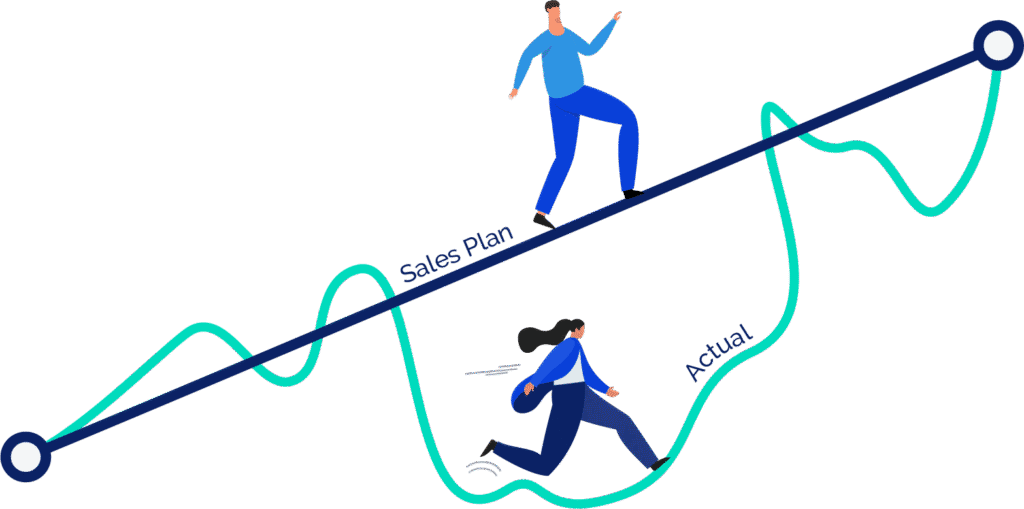posts
Tips On Maximizing Sales Effectiveness Maximizing sales effectiveness and revenue growth is a challenge facing not ju...
May 22, 2025
Sales training programs fail due to not understanding the pitfalls in selling to today’s connected buyer and the solu...
April 9, 2025
Building a sales playbook to support both the sales process and sales training is a key task for any business.
March 10, 2025
Master sales objections as the key to winning more deals and unlocking more sales opportunities. In this 16-lesson ...
February 5, 2025
How to close a sale using these twelve techniques and insights. Closing sales tips that work in every selling situation.
January 29, 2025
Putting in place sales performance indicators is not a once off event. They require continuous monitoring and adjustm...
December 17, 2024
Sales pipeline tips on managing leads and maximizing sales opportunities.
November 22, 2024
Keys to sales success with a list of expert insights on how to succeed in selling today.
October 25, 2024
Outbound sales prospecting insights into the skills and techniques required to sell to new customers.
October 25, 2024
Sales training coaching tips based on experience and real-world implementation over many years. When it comes to sale...
September 23, 2024










